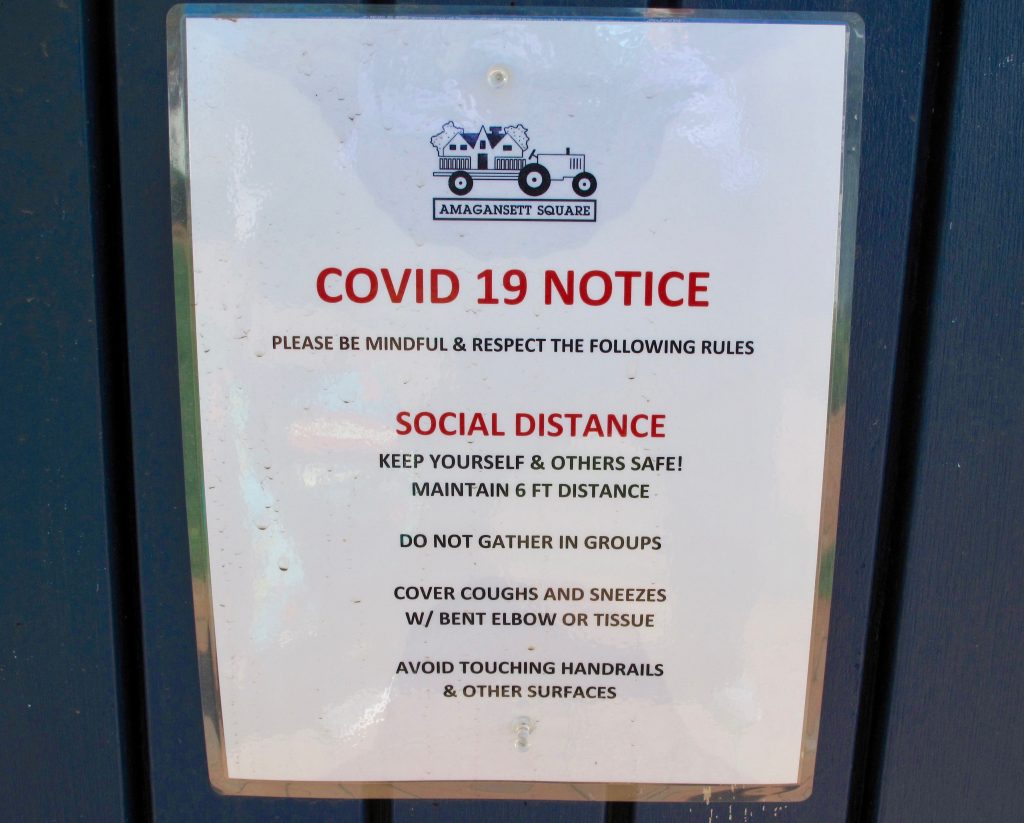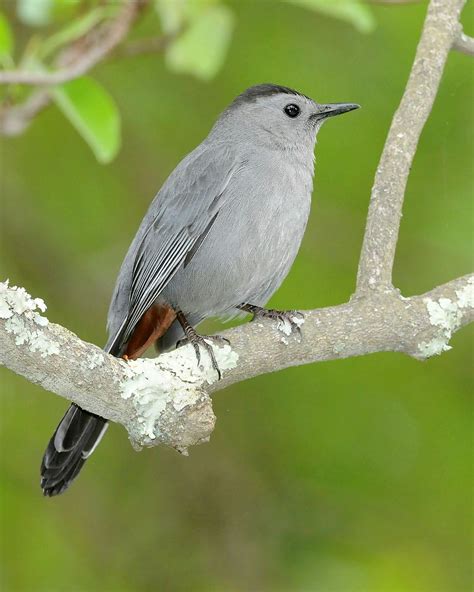
Tuesday, June 30
States that had eased off of the lockdown are reimposing restrictions. In the U.S., the pandemic appears to be reasserting itself, and this has us pondering what the months ahead hold.
On June 29, Suffolk County reported its first 24-hour period without a COVID-19 death since June 12.
Meanwhile, there were 46 new reported cases in Manhattan on June 27, and a total of 26,707 cases in that borough during the pandemic. A pilot program has only now gotten underway, selling face masks and hand sanitizer from vending machines in subway stations. So the end is not in sight.
We figure that we’ll probably hang on in East Hampton until the fall at least. Perhaps in September, we’ll go back to the city, at least to pick up more clothing, perhaps the computer printer, and kitchen equipment and spices. Then after a few days, we could well turn around and come back here.
There’s been talk for a while of a second wave of COVID-19. No one knows anything, but that second wave might come in the fall or winter.
Deep winter months out here—and I mean January through March—can be a tad bleak. Would we really want to be here, especially if it’s a harsh winter? But there’s really no place else for us to go…
As an adult, I’ve never before lived through a crisis at all like this. It’s so open-ended, so unclear when there might be any resolution. Our national expert, Dr. Anthony Fauci, still maintains that there will be a vaccine by the end of the year. But even if that’s true, just how will it be administered? Who will get first dibs? For the time being, everything is up for grabs.
I might have died in the mid-1950s polio epidemic that claimed my sister, but I didn’t. I was only a child, and had little sense of the passage of time. But in my recollection, the vaccines that appeared within a few years meant an end to the crisis…of which I was mostly unaware anyway.
In the 1960s and ‘70s, the Vietnam War seemed to go on and on, year after year. Always more escalation, no real resolution in sight. More and more deaths. But neither I nor anyone I knew very well was directly involved. Other political crises—Watergate for instance—came to a head after some months and then ended without violence.
The days after 9-11 could have included more terrorist events—but they didn’t. Instead, the Bush Administration used the attacks to generate wars in other parts of the world. And those went on and on—the Afghanistan conflict is still continuing. But again, I’ve never been directly affected.
So as I am writing this, I realize that I have lived through other open-ended, slow-to-be-resolved crises—I simply wasn’t very affected personally. Yes, the periods were worrisome, frustrating, even maddening. But I never imagined that I would die as a result.
This time is pretty different in that regard: I went out this morning to buy more coffee, and I was anxious the whole time I spent in Jack’s Coffee store. Was I standing too close to others? Were they too close to me? I hate the masks—you can’t make yourself understood, nor can you breathe very well. But get used to them. We’ll probably have to wear masks for a long time to come.
Dinner: leftover spaghetti with meatballs and a lettuce salad.
Entertainment: Final episodes of Alias Grace.

